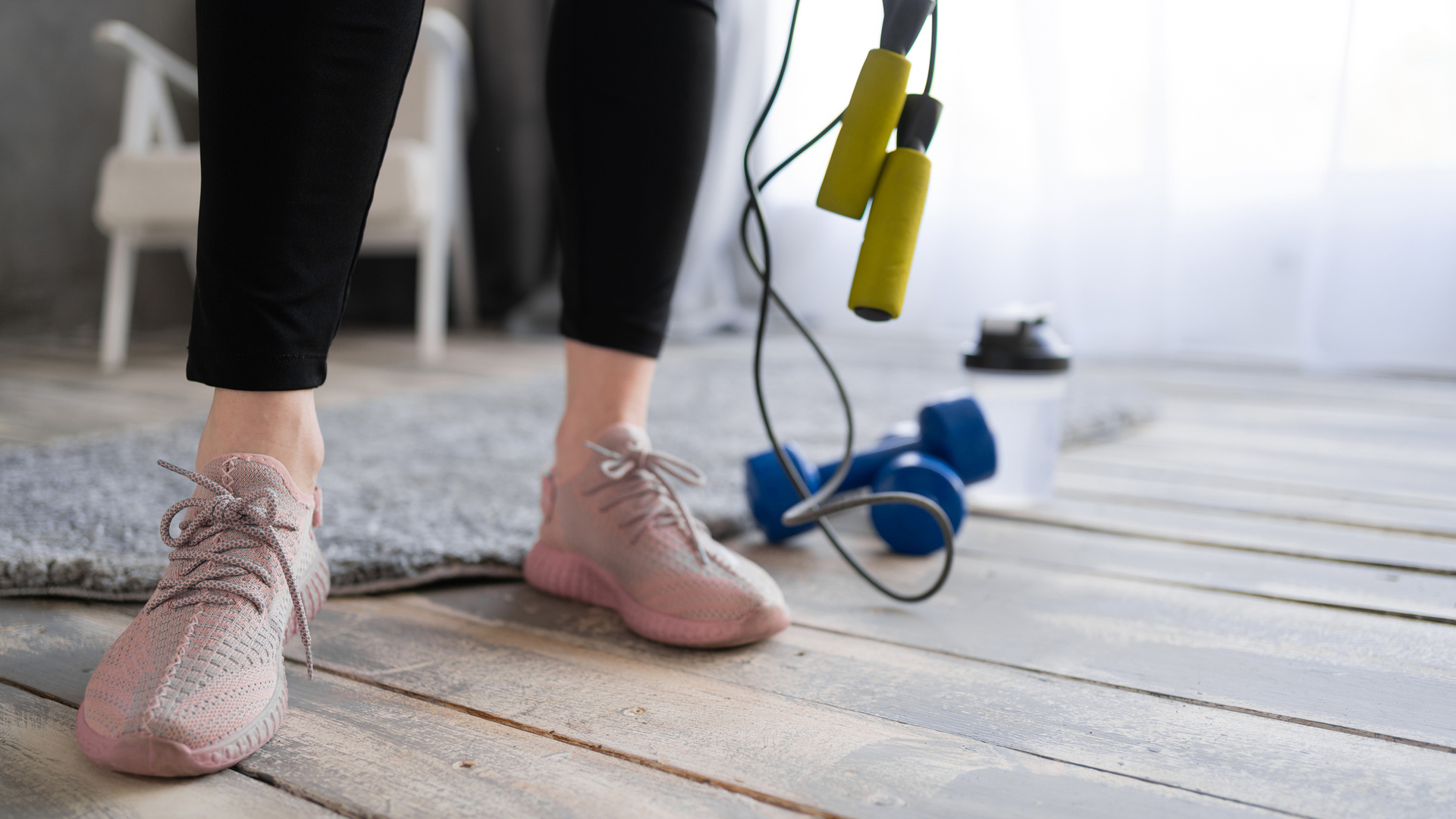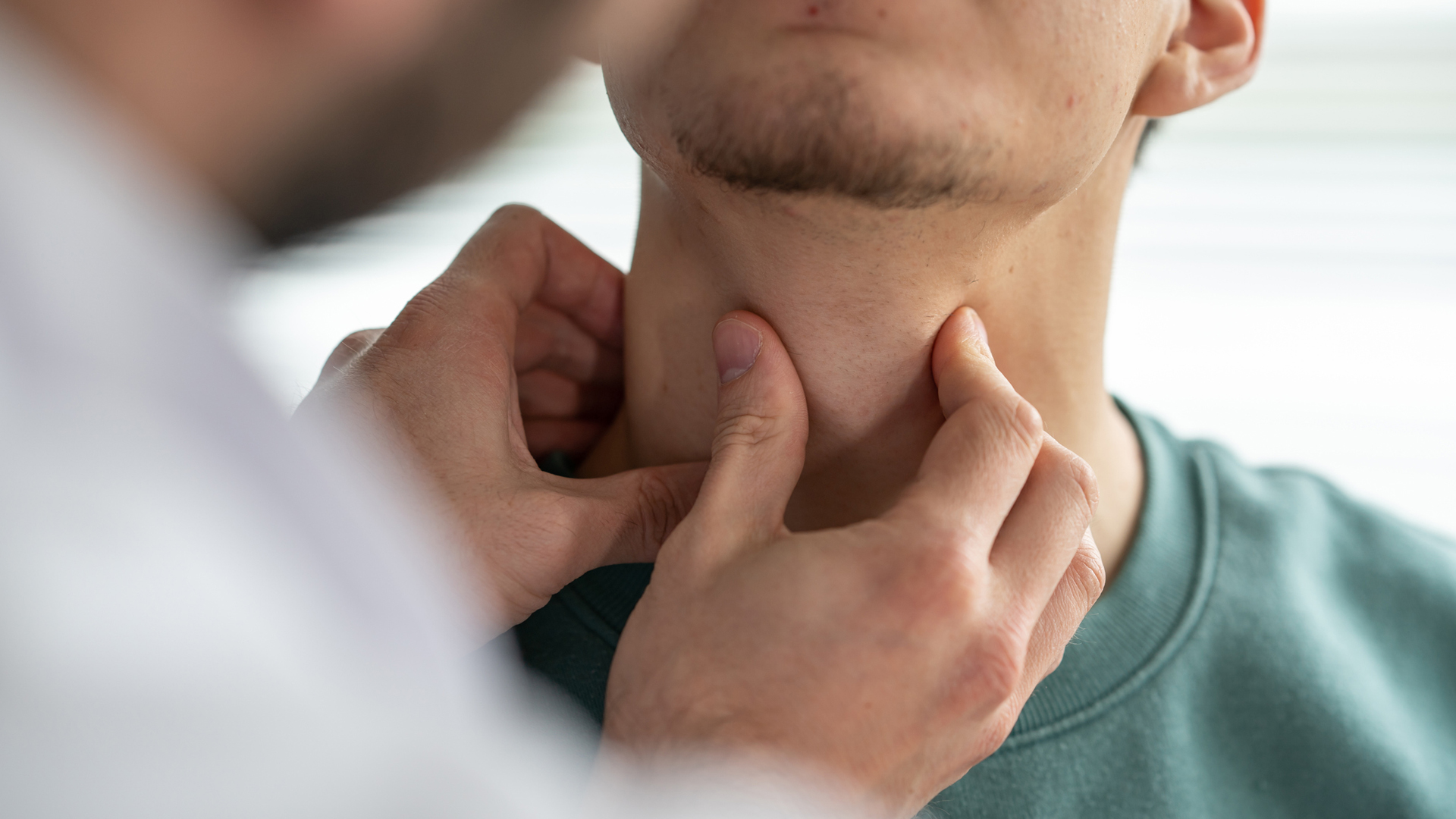Eight reasons you can’t lose weight – and what to do about it
Sticking to a diet plan but still can’t lose weight? Here are eight things that could be preventing you from seeing changes to your body

Changing the way your body looks and feels is rarely an easy process. It usually requires changes to your diet and overall lifestyle, and even when you’ve made drastic changes in these areas, sometimes you still just can’t lose weight. It’s frustrating when you’re putting effort into a change like losing weight that feels healthy for you and your body won’t cooperate.
It’s important to remember, however, that losing weight isn’t something that happens overnight and the rate at which you lose weight will also vary depending on your gender and your age. Plus, losing weight is not always a good indication that you’re leading a healthy lifestyle, particularly if you’re following a diet that restricts the amount of nutrients your body is obtaining or if you aren’t eating enough to maintain your daily energy levels.
But if you've been making an effort to follow a healthy diet and you haven’t noticed any changes, there might be a few other parts of your lifestyle or routine that are preventing you from losing weight. We asked Dr Richard Allison, a registered dietician at Herbalife Nutrition, to share eight reasons you might not be losing weight.
1. You're not eating in a calorie deficit
“A calorie deficit is key to losing weight,” Dr Allison says. Eating in a calorie deficit means you burn off more calories than you consume each day. If you’re eating more calories than you’re burning, it will make it very difficult for you to lose weight.
“When eating in a calorie deficit, you still need to make sure that you’re getting all the key nutrients and hitting all the key food groups,” adds Dr Allison.
Our guide on how to create a calorie deficit can help you if you’re struggling. Or you might prefer to learn how to calculate macros for weight loss.
2. You have underlying thyroid issues
Thyroid issues are very common, as estimates have found that 1 in 20 people have a thyroid problem in the UK alone. This could be one of the reasons you can’t lose weight.
Start your week with achievable workout ideas, health tips and wellbeing advice in your inbox.
“If you have an underactive thyroid gland, your metabolism will slow down,” explains Dr Allison. “A slow metabolism will often result in putting on weight more easily and make it more challenging to lose weight at the same time.”
People with thyroid issues have many different symptoms, including tiredness, constipation and depression, so it can be difficult to figure out if this is something you’re suffering from. But if you suspect you have thyroid problems that might be stopping you from losing weight, you should speak to your doctor.

3. You’re taking certain types of medication
Many types of medication can cause weight gain, so it’s worth checking with your doctor whether any medication you’re taking could be preventing you from losing weight.
“Certain medications often have different effects on people but antipsychotic medications for schizophrenia, including chlorpromazine (such as Thorazine), have been known to make it harder to shift excess weight for some people,” Dr Allison says.
This is not to say you can’t lose weight on these types of medication, it just might take a little bit longer. Do not stop taking or change your medication without speaking to your doctor.
4. You're gaining muscle
If you’ve started working out more regularly than normal, your muscle mass might have increased, particularly if you’re eating a diet that is high in protein. If this is the case, your weight on the scales might have actually increased or at least stayed the same.
“If you’re getting rid of body fat and gaining muscle, then you won’t notice a significant difference in overall body weight,” Dr Allison says. Gaining muscle can improve your overall health as it speeds up your metabolism, which can help you lose weight quicker in the future.
Instead of weighing yourself to track your weight loss, Dr Allison recommends measuring your waist circumference. “If your weight is going up or is stable but your waist circumference is decreasing, this is a good indication that you’re losing fat mass,” he explains.

5. Your balance of macronutrients is off
“Energy balance is key to weight gain or loss,” Dr Allison says. This is particularly true when it comes to carbohydrates, protein and fat. “You should have a balanced diet that includes all macronutrients,” Dr Allison stresses.
The amount of macronutrients you need or want to consume will depend on your goals. For example, if you want to increase your muscle mass, you might want to eat more protein. Read our guide on how to track macros for more.
6. Your sleep quality or quantity is off
There is a lot of research that links poor sleep to weight gain and the inability to lose weight, from it negatively impacting your metabolism to a 2015 study that found that insufficient sleep can slow weight loss.
“Sleep is one of the most important aspects of both cognitive and physical recovery,” Dr Allison says, explaining that as well as impacting your body’s ability to function, a lack of sleep can also affect your appetite, which might be making it more difficult for you to follow a diet or stick to your calorie deficit.

7. You’re not drinking enough water
“Dehydration is one of the main causes of overeating,” Dr Allison says. “Many people often confuse the cues of thirst and hunger, which result in unnecessary overeating.”
Staying hydrated is important for every aspect of our health so it’s no wonder that this can affect weight loss too. “Stay hydrated and let thirst be your guide. Whenever possible, have the best water bottle or a glass of water to hand and aim for two litres a day overall – more if you exercise or the weather is hot,” Dr Allison advises.
8. You're drinking too much alcohol
It’s easy to disregard the amount of alcohol you’re drinking when you’re trying to lose weight, especially if you’re out at the weekend and having a good time. There’s no need to stop doing the things you enjoy when you’re trying to lose weight, but it’s important to take your alcohol intake into account.
“Alcohol provides a significant number of calories at seven calories per gram,” Dr Allison says. “Alcohol is easy to consume and rarely promotes feelings of satiety, so it’s easy to over consume the calories from alcohol. You should also consider the calories in mixers and anything that alcohol is paired with.”
According to Dr Allison, drinking alcohol can also affect the metabolism of protein, carbohydrates and fat, as they’re put on hold while the body focuses on metabolising the alcohol. These changes in the way your body stores energy can make it much harder to lose weight too.
Alice Porter is a freelance journalist covering lifestyle topics including health, fitness and wellness. She is particularly interested in women's health, strength training and fitness trends and writes for publications including Stylist Magazine, Refinery29, The Independent and Glamour Magazine. Like many other people, Alice's personal interest in combining HIIT training with strength work quickly turned into a CrossFit obsession and she trains at a box in south London. When she's not throwing weights around or attempting handstand push-ups, you can probably find her on long walks in nature, buried in a book or hopping on a flight to just about anywhere it will take her.